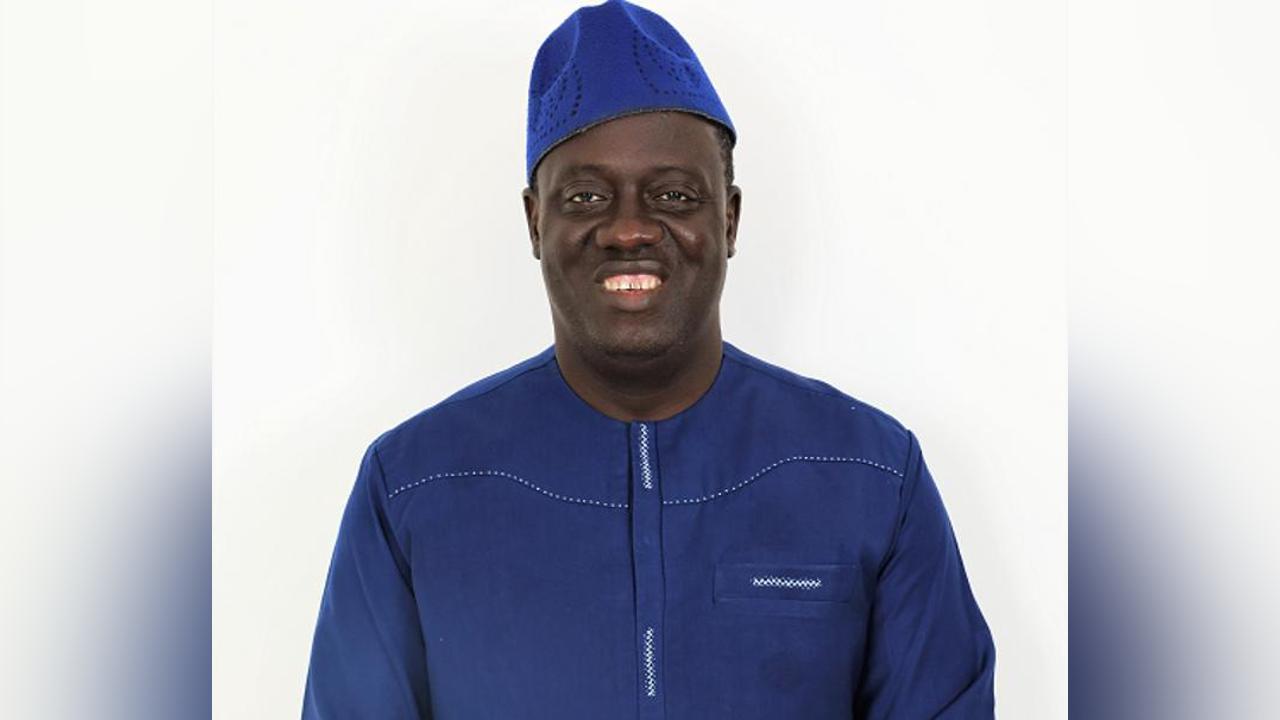Africa-Press – Gambia. Chief of Staff and Minister at the Presidency, Mod K. Ceesay, has defended the appointment of Baboucarr O. Joof as Minister of Defense, dismissing criticism that his lack of military background makes the appointment unprecedented.
Ceesay stressed that the position of defense minister is fundamentally a civilian role, reflecting the principle of democratic oversight of the military. He explained that ministers are appointed to provide policy direction and leadership rather than to exercise direct command over the armed forces.
“The military is always under civilian authority, and a minister’s main role is policymaking and leadership, not direct command,” he said.
He added that civilian leadership of defense ministries is a common practice globally, and The Gambia itself has had similar appointments in the past, including under former President Dawda Jawara.
According to Ceesay, President Adama Barrow appoints ministers based on competence, vision, and the ability to advance government priorities. He described Joof as a reform-minded leader whose perspectives will strengthen ongoing national security reforms.
“Joof is a reformer and is expected to add new perspectives to the national security reform agenda,” Ceesay said.
He further emphasized that the defense minister’s responsibility is to coordinate with military institutions, incorporate their technical input, and translate it into policy aligned with national security priorities.
“The principle of a democratic government is such that the security and the military are subject to civilian authority, so you would be a civilian, and they are required to have a civilian leader, and the principal function of a minister is policy making; it doesn’t remove the knowledge requirement of having security technical information feed into the policy-making process.
“But the institutions of the military are there to provide that gap, so as a minister, your principal responsibility is to coordinate the work of the military institutions, receive input from them, and then formulate them as a policy and provide the required leadership and report to the commander in chief,” he explained.
For More News And Analysis About Gambia Follow Africa-Press






